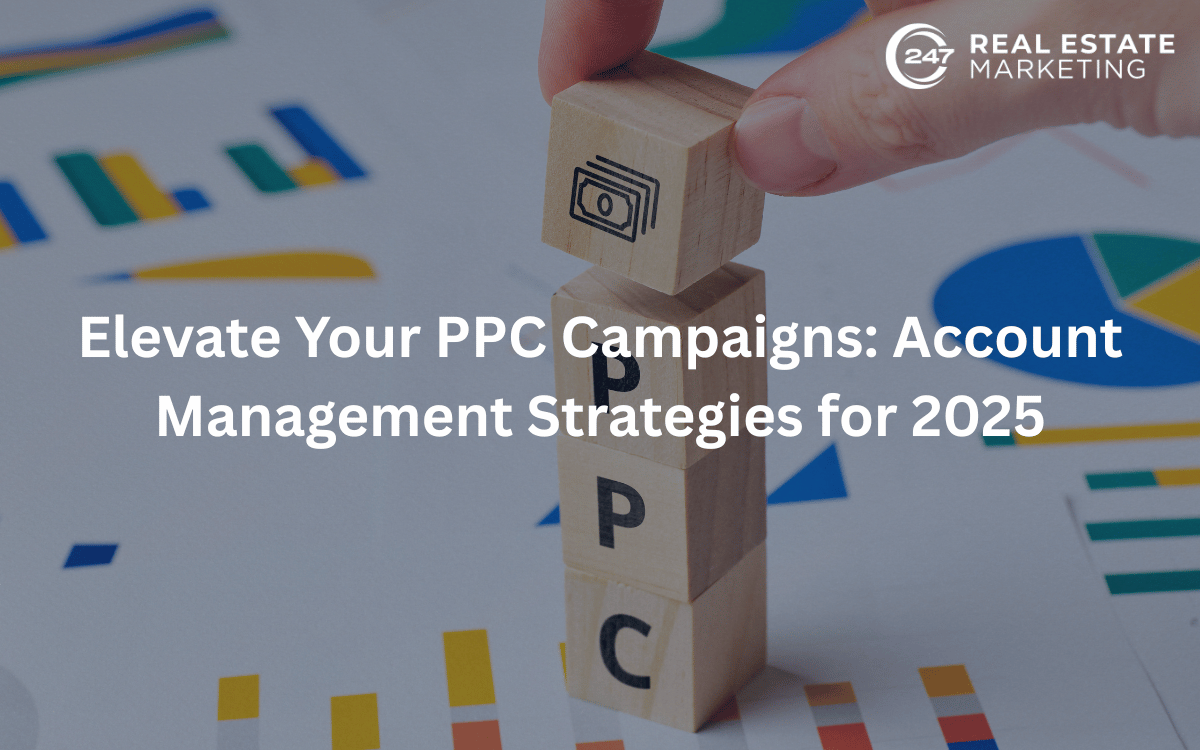
Pay-per-click (PPC) advertising remains a cornerstone of digital marketing, offering businesses the opportunity to drive targeted traffic and achieve measurable results. In 2025, effective PPC account management is more critical than ever. Integrating Fintech Email Marketing strategies alongside your PPC campaigns can nurture leads generated from paid ads, turning prospects into loyal customers. This comprehensive guide delves into advanced strategies and best practices to optimize your PPC campaigns, enhance return on investment (ROI), and navigate the evolving digital advertising landscape.
Understanding PPC Account Management
PPC account management involves the strategic planning, execution, and optimization of paid advertising campaigns across various platforms like Google Ads, Bing Ads, and social media channels. In B2B Marketing, this approach is essential to maximize conversions while minimizing costs, ensuring that every advertising dollar spent contributes directly to the business’s objectives and drives high-quality leads.
Setting Up a Successful PPC Account
A well-structured PPC account lays the foundation for campaign success. Key steps include:
- Campaign Structure: Organize campaigns by product categories, services, or geographic regions to ensure relevance and ease of management.
- Ad Groups: Within each campaign, create ad groups that target specific keywords or audience segments, allowing for tailored messaging.
- Keyword Selection: Conduct thorough keyword research to identify high-performing keywords with optimal balance between search volume and competition.
- Negative Keywords: Implement negative keywords to prevent ads from showing on irrelevant searches, thereby saving budget and improving targeting precision.
Effective budgeting and bidding are crucial for PPC success:
- Budget Allocation: Distribute your budget based on campaign priorities, seasonal trends, and historical performance data.
- Bidding Models: Choose appropriate bidding strategies such as manual CPC, enhanced CPC, or automated bidding options like Target CPA or Target ROAS, depending on campaign goals and available data.
- Bid Adjustments: Regularly review and adjust bids based on device performance, location, time of day, and audience segments to optimize ad exposure and cost-efficiency.
Crafting Compelling Ad Copy
Ad copy plays a pivotal role in attracting clicks and driving conversions:
- Relevance: Ensure that ad copy aligns with the user’s search intent and the corresponding landing page content.
- Value Proposition: Clearly communicate the unique benefits and features of your product or service.
- Call-to-Action (CTA): Incorporate strong CTAs that prompt users to take desired actions, such as “Shop Now,” “Learn More,” or “Get Started.”
- Ad Extensions: Utilize ad extensions like site link, callout, and structured snippets to provide additional information and increase ad visibility.
Optimizing Landing Pages
A seamless user experience post-click is essential for conversion:
- Consistency: Ensure that landing page content matches the ad’s messaging and offers.
- Design: Create a clean, user-friendly design with intuitive navigation and fast loading times.
- Forms: Simplify forms to reduce friction, asking only for essential information.
- Trust Signals: Include testimonials, reviews, and security badges to build credibility and trust.
Implementing Advanced Targeting Techniques
Advanced targeting strategies can significantly enhance campaign performance:
- Audience Segmentation: Utilize demographic, geographic, and psychographic data to segment audiences and deliver personalized ads.
- Remarketing: Target users who have previously interacted with your website or app but did not convert, encouraging them to return and complete the desired action.
- Customer Match: Upload first-party data such as email lists to target existing customers or lookalike audiences across Google properties.
Leveraging Automation and Smart Bidding
Automation tools and smart bidding strategies can optimize PPC campaigns:
- Smart Bidding: Implement Google’s Smart Bidding strategies like Target CPA or Target ROAS to automatically adjust bids based on real-time data and conversion likelihood.
- Rules and Scripts: Set up automated rules and scripts to manage bids, budgets, and ad statuses based on predefined conditions, ensuring timely optimizations.
- Performance Max Campaigns: Utilize Google’s Performance Max campaigns to reach users across all Google channels with a single campaign, leveraging machine learning for asset optimization.
Cross-Channel Integration
Integrating PPC efforts across multiple channels can amplify results:
- Multi-Platform Campaigns: Run coordinated campaigns across Google Ads, Bing Ads, Facebook, Instagram, and LinkedIn to reach a broader audience.
- Unified Messaging: Maintain consistent messaging and branding across all platforms to reinforce the campaign’s objectives.
- Cross-Channel Attribution: Implement cross-channel attribution models to understand the customer journey and allocate budget effectively across touchpoints.
Monitoring and Reporting
Regular monitoring and reporting are vital for campaign optimization:
- Key Performance Indicators (KPIs): Track KPIs such as Click-Through Rate (CTR), Conversion Rate (CVR), Cost Per Acquisition (CPA), and Return on Ad Spend (ROAS) to assess campaign performance.
- A/B Testing: Conduct A/B tests on ad copy, landing pages, and bidding strategies to identify the most effective elements.
- Reporting Tools: Utilize reporting tools and dashboards to visualize data, identify trends, and make informed decisions.
Continuous Optimization
PPC campaigns require ongoing optimization to maintain and improve performance:
- Search Term Reports: Regularly review search term reports to identify new keywords and negative keywords.
- Ad Copy Refinement: Continuously test and refine ad copy to improve relevance and engagement.
- Budget Adjustments: Reallocate budgets based on performance data, scaling successful campaigns and pausing underperforming ones.
Common Mistakes to Avoid
Avoiding common pitfalls can enhance PPC campaign effectiveness:
- Overlooking Mobile Optimization: Ensure that ads and landing pages are optimized for mobile devices, as a significant portion of searches occurs on smartphones.
- Neglecting Negative Keywords: Failing to implement negative keywords can lead to wasted spend on irrelevant traffic.
- Ignoring Quality Score: Quality Score impacts ad position and cost-per-click; ensure that ad relevance, landing page experience, and expected CTR are optimized.
- Inadequate Conversion Tracking: Without proper conversion tracking, it’s challenging to measure campaign success and make data-driven decisions.
Conclusion
Effective PPC account management in 2025 requires a strategic approach that combines meticulous planning, advanced targeting, continuous optimization, and cross-channel integration. Partnering with a Fintech Web Design Agency ensures your landing pages are optimized for both aesthetics and user experience, crucial for driving conversions. Additionally, focusing on Conversion Optimization For Fintech Companies helps maximize the value of your PPC traffic by turning visitors into leads and customers. Complementing this with targeted Fintech Content Marketing supports your campaigns by educating your audience and building trust throughout the buyer’s journey. By implementing the strategies outlined in this guide, businesses can enhance their PPC campaigns’ performance, achieve higher ROI, and navigate the complexities of the digital advertising landscape with confidence.
For businesses seeking to maximize their PPC potential, partnering with experienced professionals can provide the expertise and resources necessary to drive success in an increasingly competitive market.






